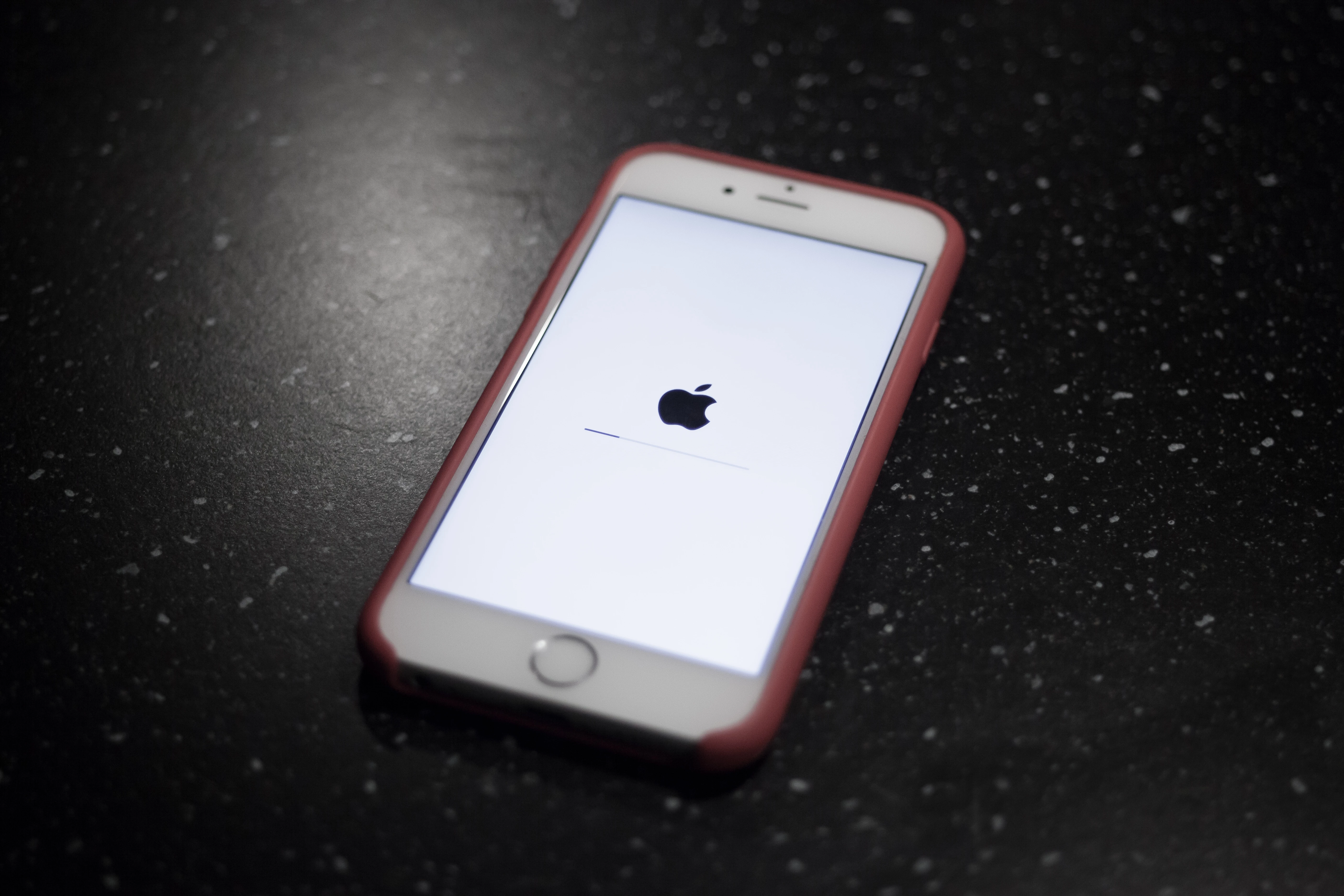
Partner Article
Could the iPhone 8 see Apple become the first ever trillion dollar company?
Apple is currently putting the final polish on its latest high-end smartphone, the iPhone 8, ahead of a glitzy launch on 12 September in what is guaranteed to biggest gadget launch of the year.
The new device, which is being touted as the biggest redesign of the iPhone in its ten year history, has been keenly anticipated since mid-2016 when rumours first rumbled through the industry that the world’s most valuable tech company was working on a completely new design for its flagship phone.
Such is the world we live in nowadays that pretty much every major feature of the new phone has already been leaked.
The removal of the iconic home button, the thin bezels, the gesture-based navigation have all been widely reported weeks and months before the official unveiling in just under two weeks.
In response, investors have continued to excitedly pile into Apple’s stock in 2017 with the company’s stock rising 41% so far this year with a market capitalisation sitting at $847bn (approx. £647m) at the time of publication.
Such a precipitous rise in value has inevitably led many analysts to question whether the Cupertino-based tech firm is on the cusp of becoming the world’s first-ever trillion dollar company, having long been touted as the most likely contender to pass the vaunted thirteen-figure total.
Stocks of the so-called FANG group of tech companies, that is Facebook, Amazon, Netflix and Google, have driven most of the gains in the US this year as the S&P 500 has continued to reach record highs.
However, with eye-watering highs naturally comes talk of bubbles, and while the big guns like Apple and Alphabet are enjoying strong earnings and mounting cash piles, travails at smaller rivals like Twitter and Snap could drag on tech stocks generally.
Headwinds specific to Apple could also clip the firm’s wings with the well-publicised problems with its driverless car initiative and the ever increasing threat from smartphone makers abroad threatening to chomp on its market share.
The iPad remains imperious in the tablet realm, but the shrinking size of the tablet market as a whole looks terminal and will inevitably see it gradually coalesce with Apple’s notebook product line.
And when it all comes down to it, the iPhone 8 is just another flashy smartphone for a market that’s already growing fatigued by the biennial phone update.
Of course, we live in the age of the ‘platform’ and the ‘product ecosystem’; the ring fenced services such as the App Store and Apple Music which are just as much a part of Apple’s brand as the Macbook and the iPhone.
Apple’s Services division is driving revenue growth at the tech giant too and it is here where the real rocket fuel for Apple’s ambitions of surmounting the $1 trillion dollar total lies
In the second quarter of this year its services arm, which includes the App Store, iTunes, iCloud and Apple Pay amongst others, brought in over $7bn, growing by $1bn year-on-year.
Periodic hardware updates are an inevitable part of the landscape, but getting users to buy more services and subscriptions will in turn get them to buy more hardware and more services.
Whether it is enough for Apple to become the world’s first trillion dollar company remains to be seen, but on current form few would bet against them.
Looking to promote your product/service to SME businesses in your region? Find out how Bdaily can help →








 Raising the bar to boost North East growth
Raising the bar to boost North East growth
 Navigating the messy middle of business growth
Navigating the messy middle of business growth
 We must make it easier to hire young people
We must make it easier to hire young people
 Why community-based care is key to NHS' future
Why community-based care is key to NHS' future
 Culture, confidence and creativity in the North East
Culture, confidence and creativity in the North East
 Putting in the groundwork to boost skills
Putting in the groundwork to boost skills
 £100,000 milestone drives forward STEM work
£100,000 milestone drives forward STEM work
 Restoring confidence for the economic road ahead
Restoring confidence for the economic road ahead
 Ready to scale? Buy-and-build offers opportunity
Ready to scale? Buy-and-build offers opportunity
 When will our regional economy grow?
When will our regional economy grow?
 Creating a thriving North East construction sector
Creating a thriving North East construction sector
 Why investors are still backing the North East
Why investors are still backing the North East